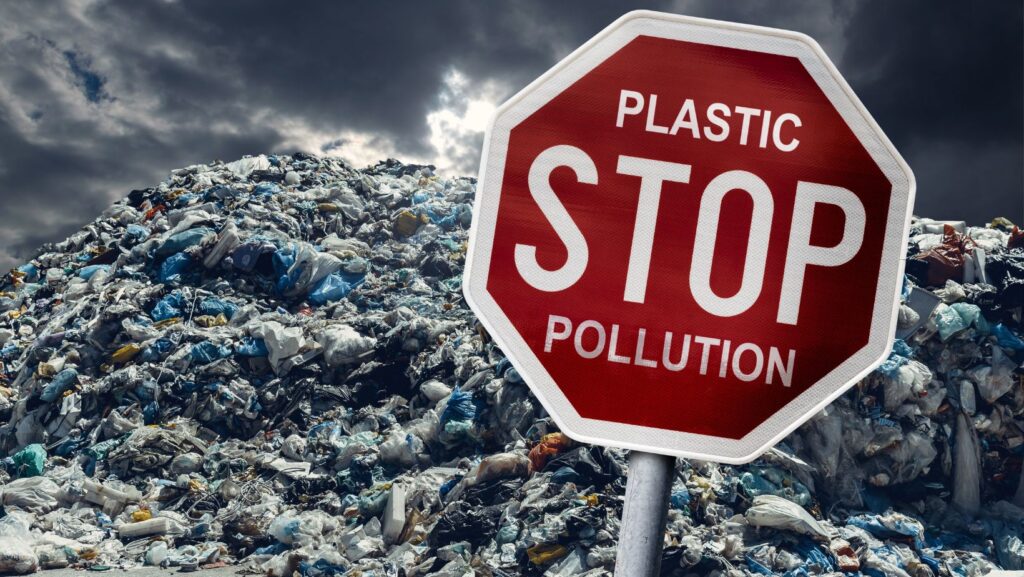Why is Plastic Bad for the Environment
Why is plastic bad for the environment? oh plastic. It’s everywhere, but at what cost? I’ll delve into the dark side of this seemingly convenient material and explore why it’s wreaking havoc on our environment. From our oceans to our wildlife, plastic pollution is a silent predator that’s taking its toll.
Why is plastic bad for the environment? I’ll uncover the harsh reality of plastic’s impact on our planet, shedding light on the damage it causes and the urgency of finding sustainable alternatives. As I unravel the layers of this global crisis, you’ll see why reducing our plastic footprint is not just a choice, but a necessity for the health of our ecosystems.
Join me on this eye-opening journey as we unravel the tangled web of plastic pollution and discover how each of us can make a difference in preserving the beauty of our planet for generations to come.
Environmental Impact of Plastic Pollution
Marine Life
Plastic pollution poses a severe threat to marine life, with over 700 species affected by entanglement, ingestion, or habitat disruption. The ocean becomes a minefield of plastic waste, endangering marine ecosystems and species such as turtles, seabirds, and marine mammals.
Land Pollution
Plastic waste not only litters our landscapes but also leaches harmful chemicals into the soil, degrading it and affecting plant and animal life. Landfills brim with plastic that can take hundreds of years to decompose, releasing toxins and pollutants into the environment.
Air Pollution
Burning plastic waste releases toxic fumes like dioxins and furans, contributing to air pollution and harming human health. This further exacerbates climate change and pollutes the air we breathe, impacting communities worldwide.

Effects of Plastic on Wildlife
Ingestion by Animals
Plastic pollution poses a significant threat to wildlife as marine animals mistake plastic debris for food. Animals like turtles and seabirds ingest plastic pieces that can cause internal injuries, blockages, and even death. This not only affects individual animals but also disrupts entire ecosystems.
Entanglement of Wildlife
Another distressing impact of plastic pollution is the entanglement of marine mammals and fish in discarded fishing nets, six-pack rings, and other plastic waste. Hundreds of species are at risk of getting trapped in plastic, leading to injuries, amputations, and death. This entanglement can hinder animals’ ability to move, feed, and reproduce, ultimately endangering their populations and biodiversity.
Long-term Consequences of Plastic Waste
Microplastics
I’ve learned that Microplastics are tiny plastic particles less than 5 millimeters in size that come from the breakdown of larger plastics. These particles are prevalent in the environment and can be found in oceans, rivers, soil, and even the air. They pose a significant threat to wildlife, as animals can easily mistake them for food, leading to internal blockages, toxicity, and death. Furthermore, microplastics can bioaccumulate in the food chain, eventually reaching humans who consume contaminated seafood.
Soil Contamination
Another critical issue is Soil Contamination caused by plastic waste. When plastics break down in soil, they release harmful chemicals and pollutants that can seep into the ground and contaminate groundwater sources. This contamination not only affects plant growth and soil fertility but also poses risks to human health when we consume crops grown in plastic-contaminated soil. It’s essential to address this issue to safeguard both the environment and our well-being.

Plastic Recycling and Waste Management
Challenges in Recycling
Recycling plastic is essential, but it’s not without obstacles. Only about 9% of plastic ever produced has been recycled. The process is complicated due to various types of plastic and the need for clean separation. Contamination and lack of infrastructure further hinder recycling efforts.
Importance of Proper Disposal
Proper disposal of plastic waste is crucial to minimize its impact on the environment. Improperly discarded plastic can end up in oceans, harming marine life. Landfill overflow and incineration also contribute to pollution. Adopting sustainable practices and supporting recycling initiatives can help combat these issues.
Plastic’s detrimental impact on the environment is evident through challenges in recycling and waste management. With only about 9% of plastic being recycled due to complexities in the process, proper disposal is crucial to prevent harm to our ecosystems. Improperly discarded plastic poses a significant threat to marine life and contributes to pollution. Supporting recycling initiatives and adopting sustainable practices are key to mitigating these environmental issues. By taking proactive steps to reduce plastic waste and promote responsible disposal, we can work towards a cleaner and healthier planet for future generations.
